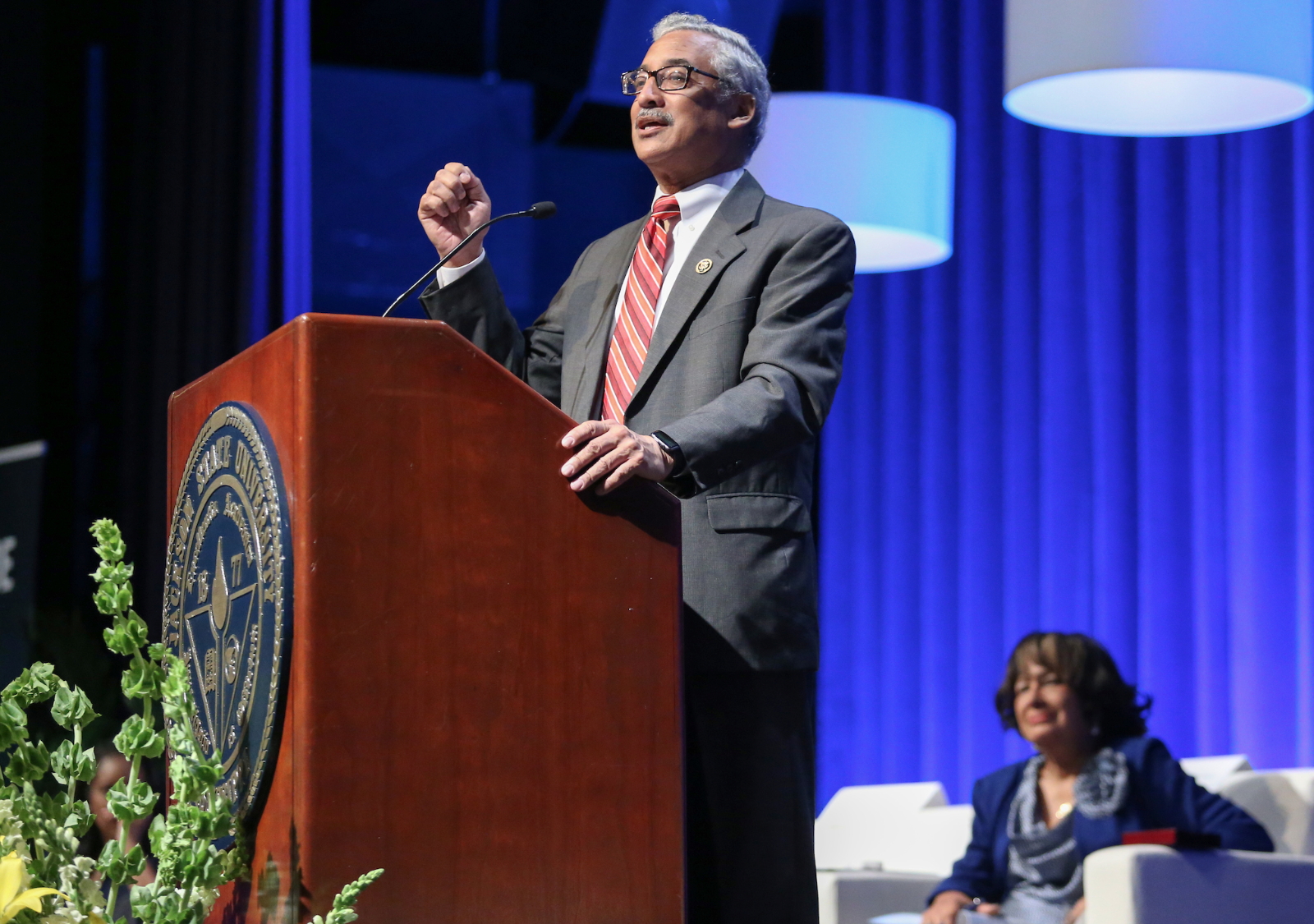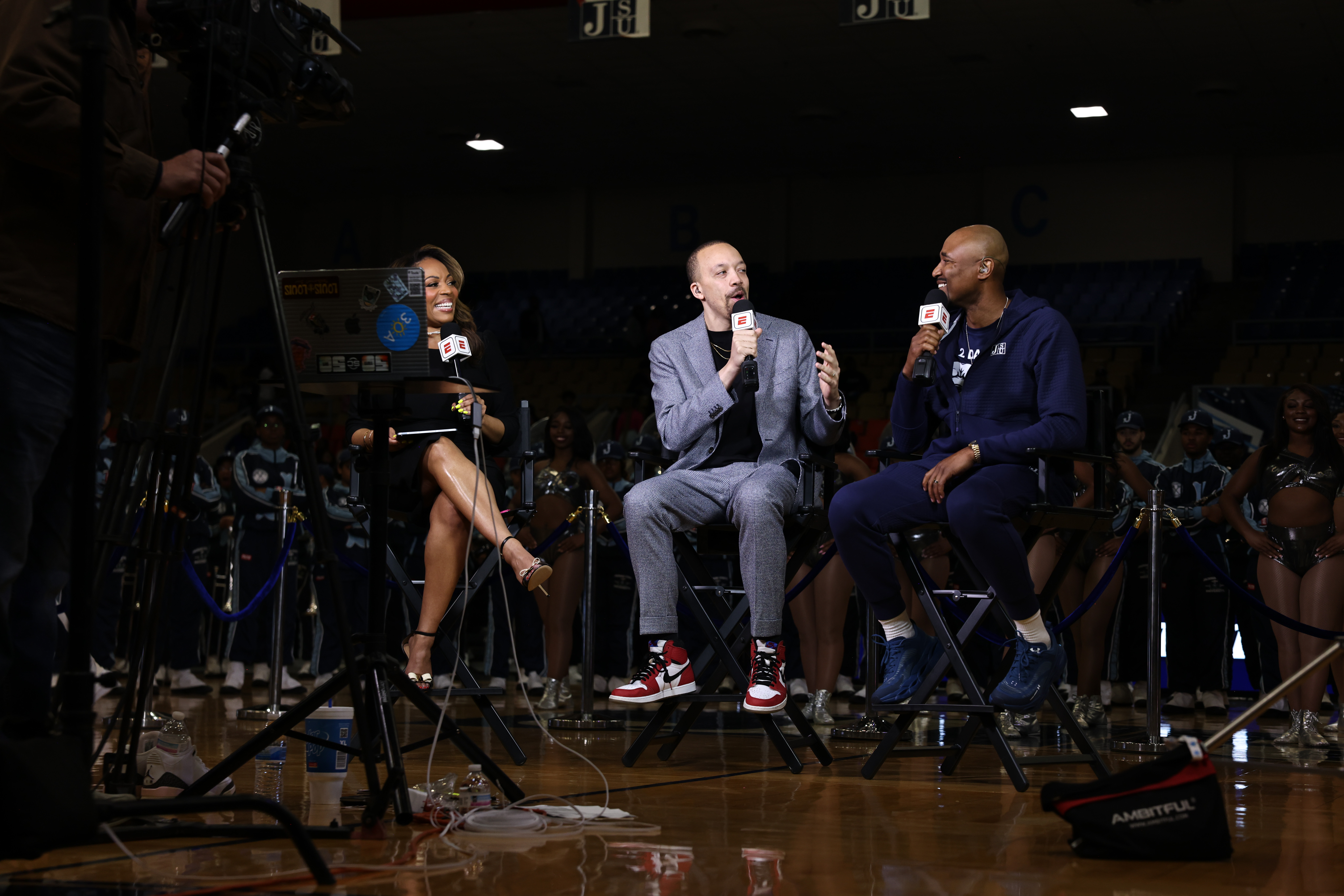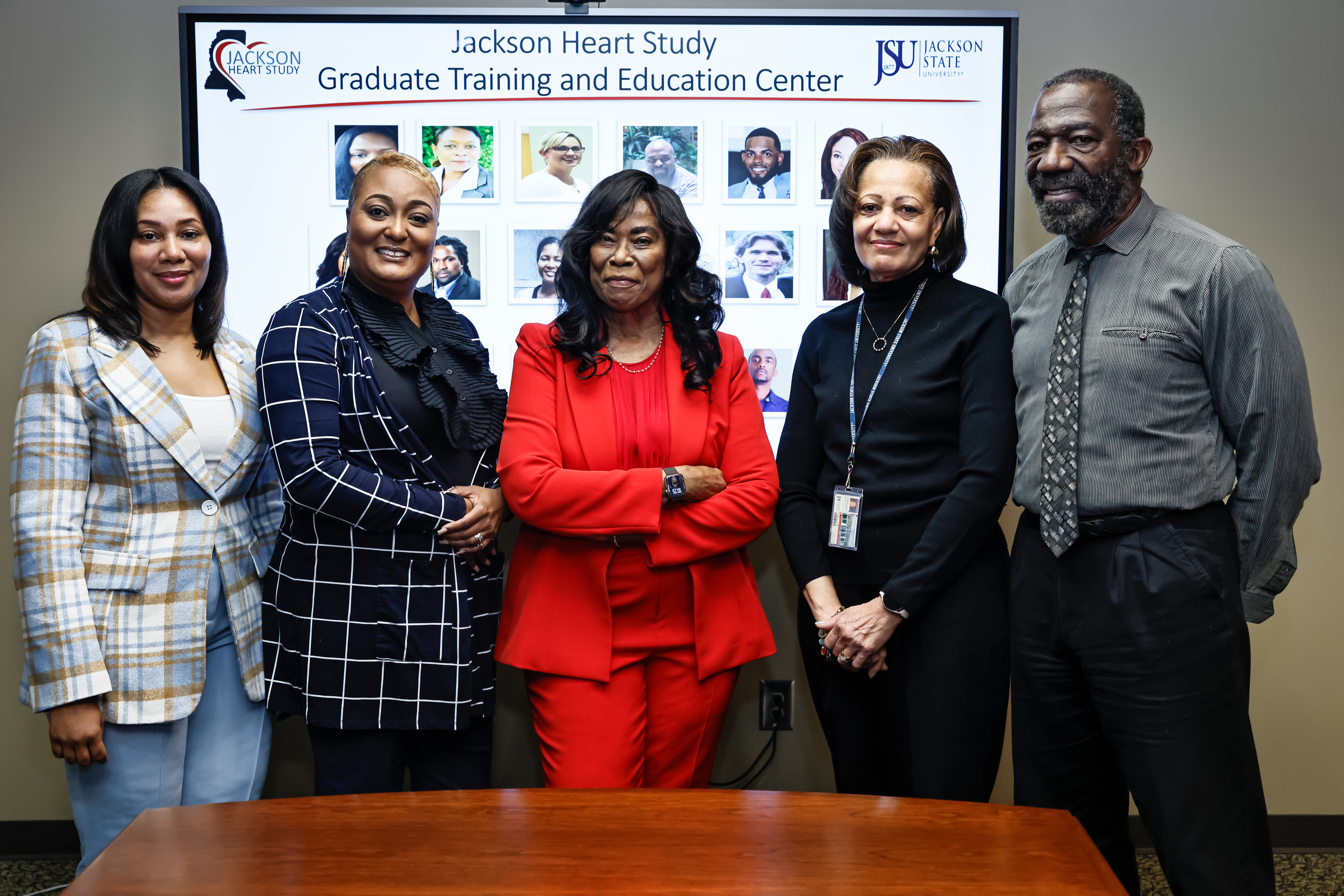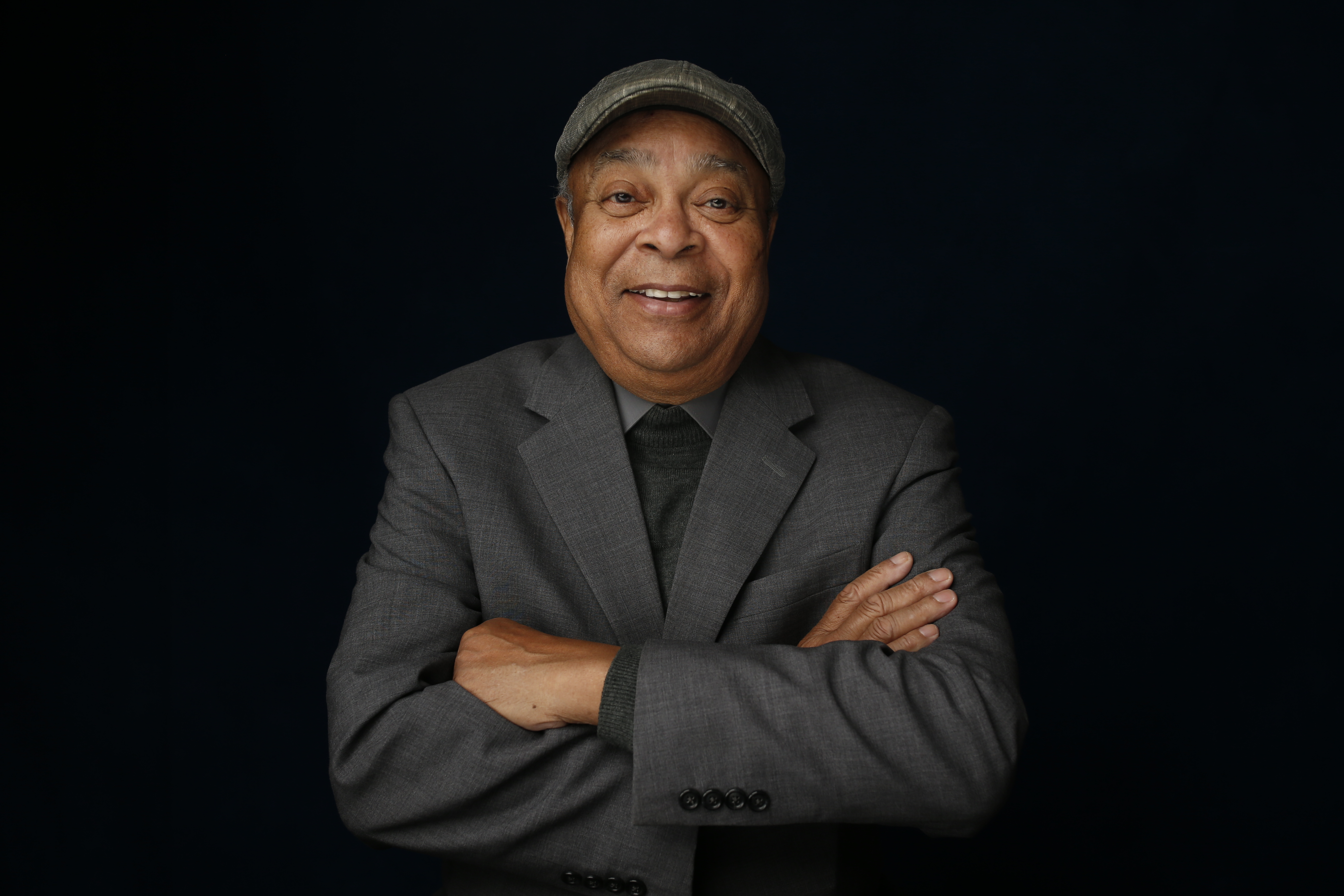
![]() [hr]
[hr]
Described as a “tireless advocate of justice and equality,” U.S. Congressman Robert C. “Bobby” Scott of Virginia delivered Jackson State University’s keynote address during the second day of the 2016 Faculty and Staff Seminar inside Rose E. McCoy Auditorium on Friday.
In a speech routinely interrupted by applause, Scott pontificated JSU’s role in the history of the civil rights movement, the impending grand opening of the School of Engineering and prominent visits of President Bill Clinton and first lady Michelle Obama.
On a more somber but spirited note, Scott addressed educational challenges impacting minority institutions and low-income households while also touching on social issues affecting African-American communities.
“We hear people talking about “Black Lives Matter,” and we need leadership from people like those here at Jackson State to do all that we can do to make sure people realize that “Black Lives Matter,” said Scott.
A leader in efforts to pass comprehensive juvenile justice reform and crime prevention legislation, Scott draws a parallel between crime rates and education, or lack thereof. “Whatever we do to reduce crime, education is certainly going to be a part of it,” he said.
The longtime congressman also emphasized the urgency for investing in prevention, adequate police training, after- school programs and making college affordable for all.
Scott admits that steady increases in college costs and shrinking financial aid present an obstacle for many potential JSU students. He said funding for state institutions has receded.
“Most low-income students require Pell Grants to help them get through, but Pell Grants have not helped them keep up with the cost of education,” he said.
Expounding on the distinct monetary strain students face, Scott reflects on a time where one could work his or her way through college. “Now with costs up and Pell Grant funding down, you can work a 40 hour a week job and still not afford to go to college.”
Scott reminded the audience that former U.S. President Lyndon B. Johnson’s Higher Education Act of 1965 was implemented to ensure that all colleges nationwide are affordable to everyone.
Although committed to the success of the Higher Education Act, Scott is not disillusioned: “We have a lot of work to do in making and keeping that promise.”
To level the playing field for working-class citizens, Scott offered the following suggestions: revamping Pell Grant programs to match the inflation of college tuition; simplifying the process for FAFSA (Free Application for Federal Student Aid); and disseminating college eligibility and financial aid information earlier to secondary schools.
The affordability of higher education is a critical priority for the U.S. representative, but Scott stresses to the audience the “intangible values” education offers. He identified President Obama and Vice President Joe Biden as exemplary examples of how college can “challenge minds and change lives.”







